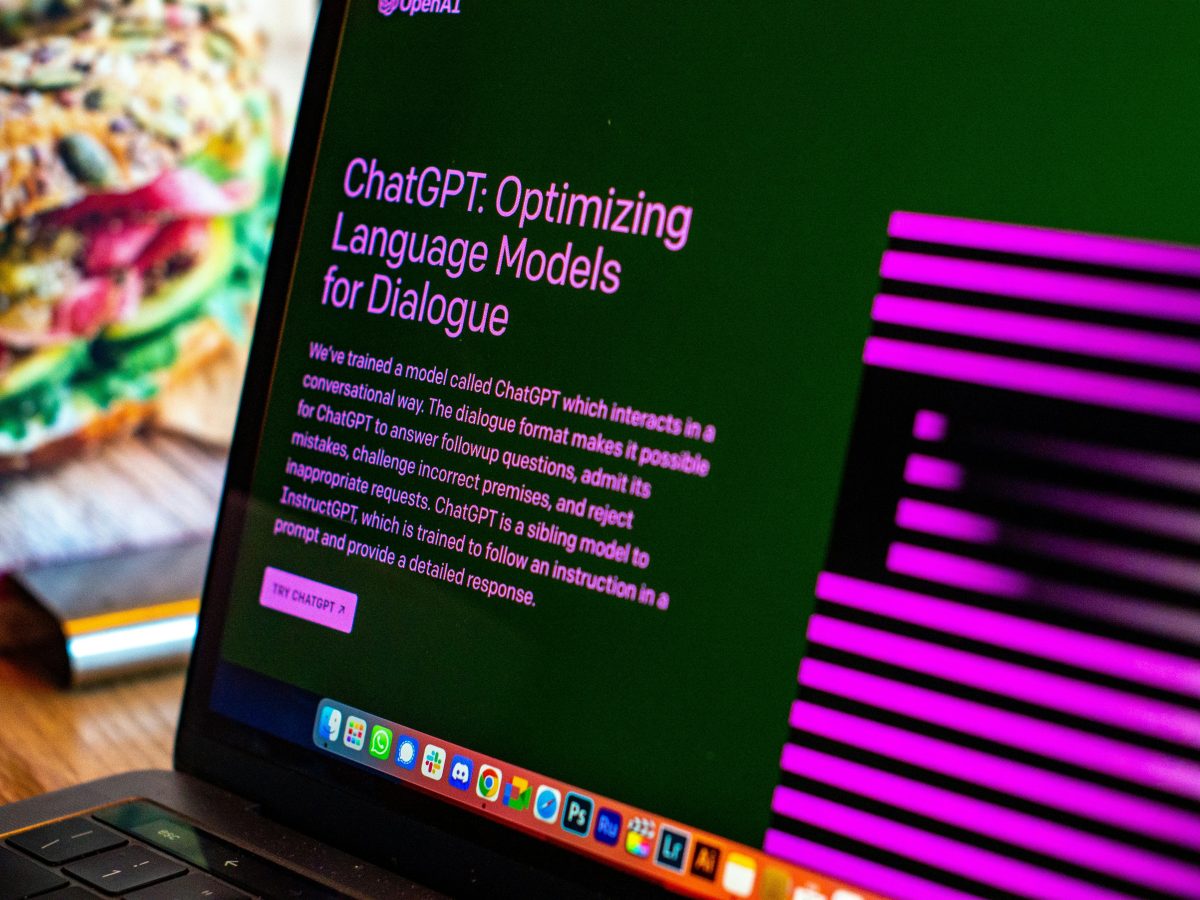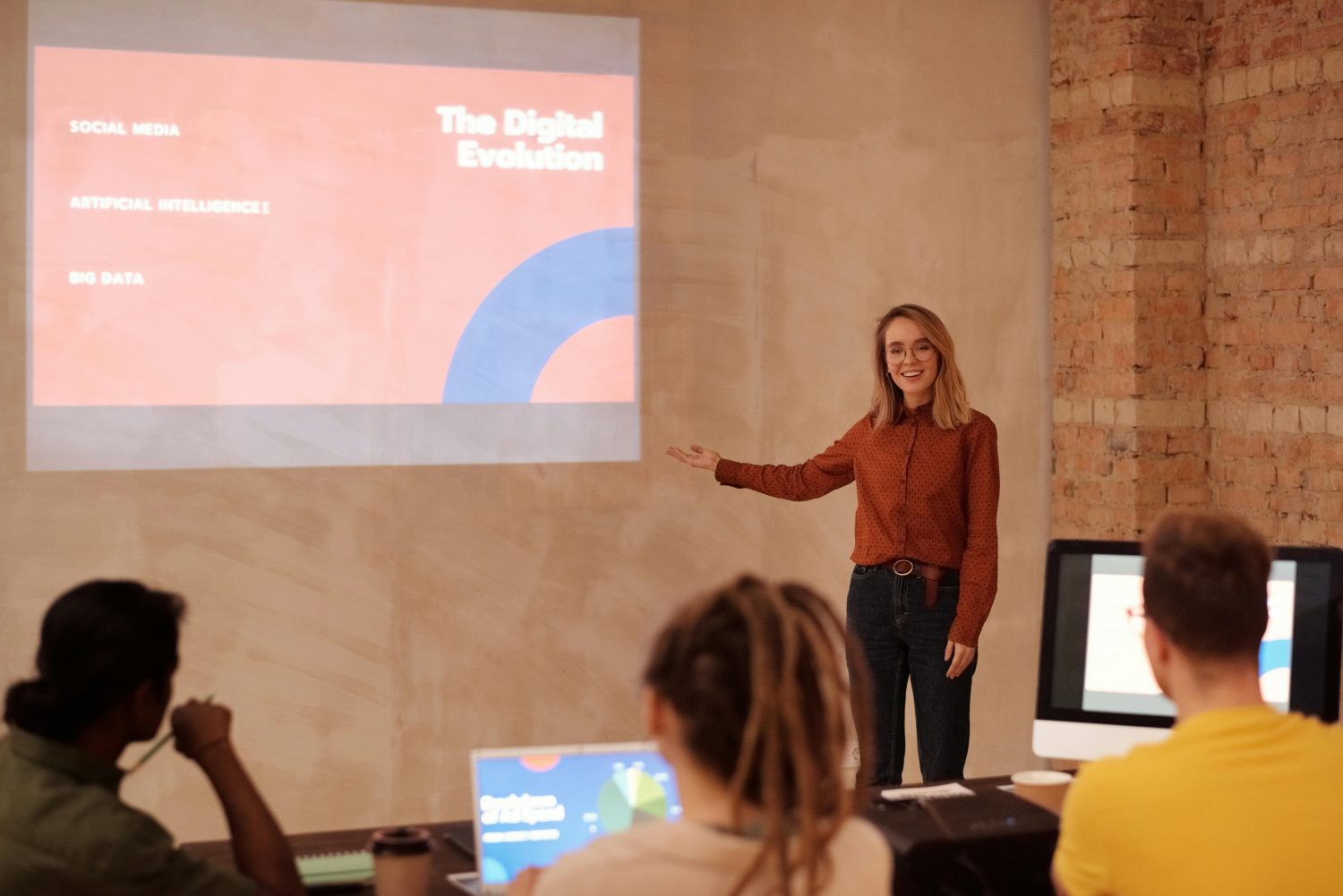In a flurry of recent developments, OpenAI has made significant strides in the world of artificial intelligence and web search. The company launched Search GPT for ChatGPT Plus users, participated in an Ask Me Anything (AMA) session on Reddit, and released an updated SimpleBench website and paper. These events have sparked discussions about the future of AI-powered search and the capabilities of large language models.
Search GPT is here
OpenAI’s latest offering, Search GPT, has been rolled out to over 10 million ChatGPT users. Currently available only to paid subscribers, the company plans to extend this feature to all users in the coming months. Search GPT aims to revolutionize the way we find information online, combining the power of large language models with web search capabilities.
Sam Altman, CEO of OpenAI, expressed his enthusiasm for the new feature, stating that he finds it “faster and easier to get the information he’s looking for” compared to traditional search methods. In fact, Altman went as far as to call search his “favorite feature that we have launched in ChatGPT since the original launch.”
Key Features of Search GPT
- Clean, uncluttered layout reminiscent of early Google search results
- No advertisements, thanks to OpenAI’s subscription-based revenue model
- Partnerships with news and data providers for seamless access to premium content
- Marginally faster response times compared to competitors like Perplexity
One of the most striking aspects of Search GPT is its clean interface. Unlike many modern search engines that bombard users with sponsored links and advertisements, OpenAI’s offering provides a refreshingly uncluttered experience. This design choice is made possible by the company’s substantial revenue from subscriptions, which eliminates the need for ad-based monetization.
OpenAI has also secured partnerships with various news and data providers, including the Financial Times and Reuters. These collaborations enable Search GPT to access and present information from premium sources seamlessly, potentially giving it an edge over competitors.
Performance and Accuracy
While Search GPT shows promise, it’s not without its flaws. In a test comparing Search GPT, Perplexity, and Perplexity Pro using Premier League standings, all three systems demonstrated inconsistencies and errors in their responses. This highlights the ongoing challenge of ensuring accuracy and reliability in AI-powered search results.
Users are advised to approach Search GPT results with caution, treating them more as “plausible ideas” rather than definitive facts. As with any AI-generated content, it’s crucial to verify information from multiple sources before drawing conclusions.
What is Sam saying about the future of AI?
Following the Search GPT launch, OpenAI executives participated in an Ask Me Anything (AMA) session on Reddit, offering valuable insights into the company’s future plans and the state of AI technology. Here are some key takeaways:
- No immediate plans for GPT-5, but “very good releases” expected later this year
- Updates to DALL-E (text-to-image model) in the works, but no specific release date
- OpenAI believes Artificial General Intelligence (AGI) is achievable with current hardware
- Full release of GPT-4 (currently in preview) coming “soon”
- Ongoing efforts to reduce hallucinations in AI models, but it remains a “fundamentally hard problem”
- Focus on “agents” as the next breakthrough in AI technology
One of the most intriguing revelations from the AMA was OpenAI’s belief that Artificial General Intelligence (AGI) is achievable with current hardware. This stance marks a significant shift in the AI community’s perception of AGI’s feasibility and timeline.
The company also acknowledged the ongoing challenge of reducing hallucinations in AI models. Mark Chen, SVP of Research at OpenAI, explained that the issue stems partly from the confidence with which humans sometimes declare uncertain information in the underlying training data. While improvements are being made through better citation and reinforcement learning techniques, achieving zero hallucinations remains an elusive goal.
How we can measure AI progress
Amidst these developments, the updated SimpleBench website and paper were released, offering a new perspective on the capabilities of large language models. SimpleBench is a benchmark designed to test AI models on relatively simple situations involving spatial reasoning, social intelligence, and temporal reasoning.
The benchmark reveals a significant gap between the performance of frontier AI models and human baselines. For instance, GPT-4 achieves a score of 41.7% on SimpleBench, while the non-specialized human baseline is 83.7%, and the top human scorer reaches 95.7%.
These results underscore the importance of continued research and development in AI, particularly in areas of common-sense reasoning and reliability. As Sam Altman stated in the AMA, OpenAI aims to “saturate all the benchmarks” in the coming year, setting an ambitious goal for the company and the AI community at large.
So, what does the road ahead look like?
As AI-powered search and language models continue to evolve, several challenges and opportunities lie ahead:
- Improving accuracy and reliability of AI-generated responses
- Addressing the issue of hallucinations in large language models
- Developing more sophisticated AI agents capable of complex reasoning and task completion
- Balancing the potential of AI technology with ethical considerations and societal impact
- Bridging the gap between AI performance and human-level understanding in various domains
The launch of Search GPT and the insights gained from OpenAI’s AMA session highlight both the rapid progress and the persistent challenges in the field of artificial intelligence. As these technologies continue to shape our digital landscape, it’s crucial for users, researchers, and policymakers to remain engaged and critical in their assessment of AI capabilities and limitations.
While AI-powered search tools like Search GPT offer exciting possibilities for information retrieval and analysis, they also underscore the importance of digital literacy and critical thinking. As we navigate this new era of AI-assisted search, it’s essential to approach results with a discerning eye, cross-reference information, and maintain a healthy skepticism towards AI-generated content.
The coming months and years promise to be an exciting time for AI development, with OpenAI and other companies pushing the boundaries of what’s possible. As these technologies continue to evolve, they have the potential to revolutionize not just web search, but numerous aspects of our daily lives and work. However, it’s crucial that this progress is balanced with careful consideration of the ethical implications and societal impact of increasingly powerful AI systems.
Frequently Asked Questions
Q: What is Search GPT and how does it differ from traditional search engines?
Search GPT is OpenAI’s AI-powered search feature integrated into ChatGPT. Unlike traditional search engines, it uses large language models to interpret queries and provide more contextual, conversational responses. It also offers a cleaner interface without ads, thanks to OpenAI’s subscription-based model.
Q: When will Search GPT be available to all ChatGPT users?
OpenAI has stated that Search GPT will be rolled out to all ChatGPT users “over the coming months.” However, an exact date has not been provided. Currently, it’s only available to ChatGPT Plus subscribers.
Q: How accurate is Search GPT compared to other AI-powered search tools?
While Search GPT shows promise, tests have revealed that it, like other AI-powered search tools, can sometimes provide inaccurate or inconsistent information. Users are advised to verify important information from multiple sources and treat AI-generated responses as starting points rather than definitive answers.
Q: What is SimpleBench and why is it important?
SimpleBench is a benchmark designed to test AI models on relatively simple situations involving spatial reasoning, social intelligence, and temporal reasoning. It’s important because it provides a measure of AI capabilities in areas that humans find intuitive, highlighting the current limitations of even advanced AI models compared to human performance.
Q: What are OpenAI’s plans for future AI developments?
According to the recent AMA, OpenAI is focusing on several areas for future development. These include improving existing models, working on reducing hallucinations in AI responses, and developing more sophisticated AI agents. While they don’t have immediate plans for GPT-5, they’ve hinted at “very good releases” coming later this year and are particularly excited about advancements in AI agents.








